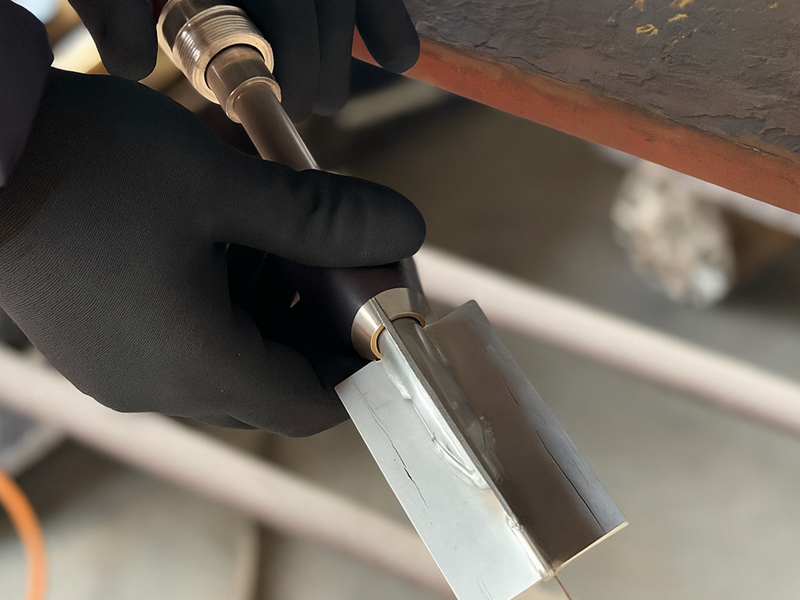eVST: Electronic vane shear testing

Electronic vane shear testing (eVST) is an in-situ geotechnical method used to determine the undrained and remoulded shear strength of cohesive soils such as soft clays, silts, and cohesive mine tailings. It provides a rapid, low-disturbance alternative to laboratory testing, making it valuable for foundation design, slope stability analysis, and geotechnical site characterisation.
Modern electronic vane shear systems represent a significant advancement over traditional manual testing. By integrating torque and rotation control through digital systems, this eliminates many of the mechanical limitations of manual devices, such as friction losses and inconsistent rotation speeds, which could lead to inaccurate data. These systems deliver improved accuracy, repeatability, and efficiency while allowing automated data logging and real-time analysis. As geotechnical investigations increasingly demand higher precision and traceable digital records, the shift toward electronic testing marks the natural progression for the industry, ensuring more reliable and defensible strength measurements across a wider range of soil conditions
The test involves inserting a four-bladed vane into the soil and rotating it at a controlled rate. The resulting torque–rotation curve identifies the peak torque (undrained shear strength) and the residual torque after remoulding (remoulded strength), allowing assessment of soil sensitivity. Multiple vane sizes and adjustable rotation speeds (typically 0.1–12°/s) make the system adaptable to varying soil conditions.
Advantages include high accuracy through reduced friction loss, excellent repeatability from controlled motor operation, and suitability for very soft soils due to high sensitivity and resolution. The test also allows direct evaluation of remoulded strength.
Limitations involve its applicability only to undrained cohesive soils, potential challenges with deep or stiff layers requiring pre-drilling, and limited torque capacity (up to ~155 kPa).
Results are interpreted from torque rotation data using standard geometric relationships and can be cross-validated with CPTu or triaxial tests. Proper calibration, vane selection, and controlled rotation speeds are essential for reliable results.
In summary, the eVST offers a state-of-the-art, accurate, and efficient method for in-situ strength determination of cohesive soils, providing critical input for geotechnical design and analysis.
Plot 28 Central Road
Sunrella, Lanseria
Gauteng
South Africa
Tel. +27 (0)11 966 7760
Email. info@geogroup.co.za